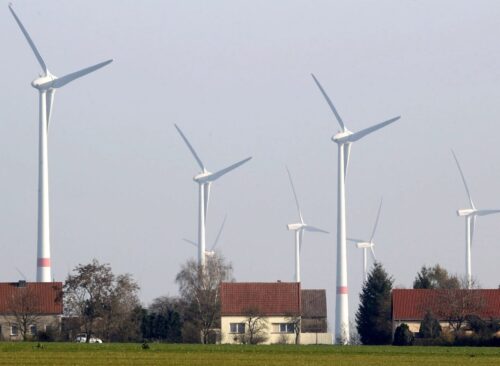
Developers of the pipeline offered to install water quality sensors, construction of a fresh water storage facility to store water in case of a pipeline leak to the Standing Rock Sioux tribe protesting the pipeline, sources close to the discussion told The Washington Examiner Sunday.
The sources also claimed the so-called DAPL offered the tribe emergency vehicles in the event the pipeline ruptured. It wasn’t enough. The tribe demanded a shipping fee for delivering the oil, according to the report.
“Even though the pipeline never crosses the Standing Rock Sioux reservation, Energy Transfer Partners has attempted to be a good neighbor by offering water testing and monitoring, as well as significant community support to the tribe,” the source said.
The source added: “But time and again the tribe rebuffed or ignored the company’s offers demanding, instead, a toll on the crude that passed through the pipeline, an ultimatum that showed the tribe’s true desire — easy money.”
Standing Rock tribe members have consistently argued the pipeline’s construction would trample on tribal lands and possibly poison waterways, including rivers such as the Missouri River and Lake Oahe in North Dakota.
Energy Transfer Partners, the company behind the DAPL, balked at the conditions, and instead offered to pay for infrastructure improvements on the reservation according to the tribe’s own priorities.
The DAPL route does not cut through Standing Rock’s reservation. The tribe has attempted to meander around that fact by arguing the land is theirs under the Fort Laramie Treaty of 1851.


















